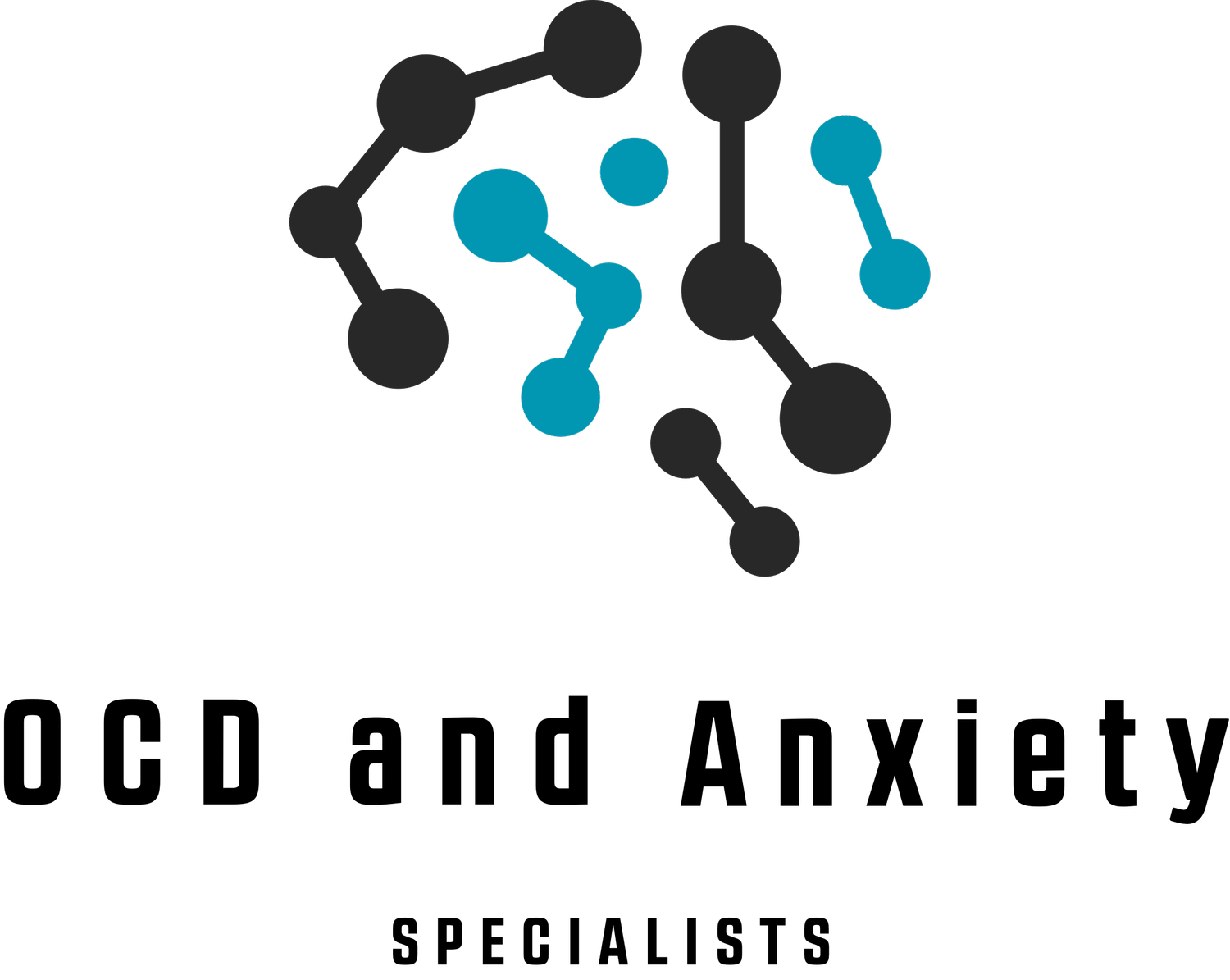Pornography Addiction and OCD
It is very common for those who struggle with high amounts of distress to utilize drugs or alcohol as coping mechanisms. Although an overutilization of these substance comes with its own set of problems, the temporary numbing the substances provide can be very tempting to indulge in. But what about when these substances exacerbate distress rather than provide relief? With OCD, this is often the case. For many folks with OCD, marijuana and alcohol increase the frequency and intensity of intrusive thoughts.
In comes pornography addiction, which is a noticeable trend amongst patients that I’ve seen for OCD. These clients turn to pornography to “numb out” from their obsessions. Because pornography is very engaging, it can distract folks for hours. However, trying to suppress intrusive thoughts is a compulsive behavior that ultimately exacerbates OCD symptoms.
An overutilization of pornography
can lead to increased isolation,
can deny the user opportunities to strengthen their ability to tolerate distress, and
empowers the intrusive thoughts by ascribing relevance to them.
One other reason for the overutilization of pornography is mostly unique to folks with sexuality themed OCD. These folks may turn to pornography to try to reassure themselves about their sexual preferences by testing how their mind or body react to certain images or videos.
Pornography addiction in these cases is treated by focusing on the distress that porn usage is trying to “solve”. By learning how to deal with the OCD signals in a healthier way (through Cognitive Behavioral Therapy), the client no longer experiences as strong of an urge to numb out. Additionally the client learns to proactively schedule in more value-centric activities to both decrease the time they have to compulse and increase the satisfaction they get from their life. This leaves the client with less time, urge, and need to over utilize porn.
Pornography addiction can also comes with fear and shame attached to it. For example, some clients may have a version of “past event” OCD, where they fear they may have seen unethical pornography and that this implies something about their character or future. In general, pornography usage can feel like a challenging thing to talk to a professional about. If you have identified with any of the above and are looking to work with a professional who has experience treating these topics compassionately, nonjudgmentally, and effectively, please reach out here for a free consultation.
